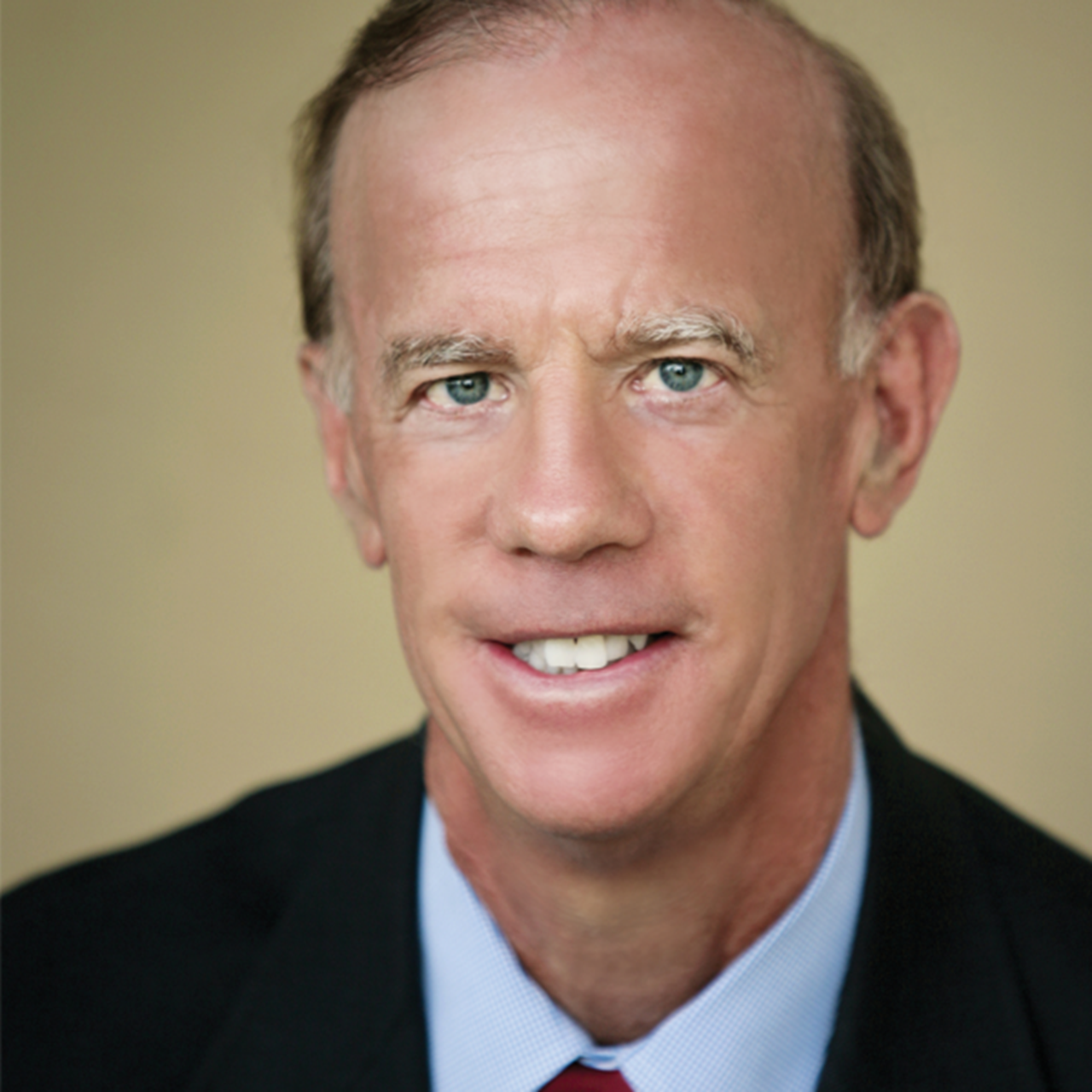During an airplane trip I was seated next to a man who was an IBM consultant. In our informal conversation, he mentioned the importance of coming in ahead of schedule and under budget with his clients. It was not surprising to learn that he had many long-term clients.
I was reminded of the time my team, working with another consultant, competed for $1 million, 12-month project to assist a large university teaching hospital with accelerating their clinical and financial improvement efforts. In our proposal, I indicated our consulting fee would be reduced by 10% percent if we did not achieve our mutually agreed upon targets. When we were awarded the contract, my comment was “The good news is we got the project; the bad news is we got it.” The implicit message was high expectations had been created, and now we were obligated to meet or exceed them. Fortunately, the project was successful, and “Pursuing Clinical and Operational Improvement in an Academic Medical Center” was published in the Sept.1997 issue of The Joint Commission’s Journal on Quality Improvement. Inevitably, however, we will periodically fail as well as succeed, so genuine modesty is also essential.
Embrace humility to enhance credibility and reputation. This includes not being a total stranger to self-doubt. The cost of being perceived as egotistical or conceited is incalculable. Being humble requires admitting mistakes quickly and honestly because all of us are fallible. A previous column published in the May/June 2012 issue of Healthcare Executive titled, “The Importance of Failing Forward,” focused on the difficulties imagining a healthcare executive who has not:
- Hired or appointed the wrong person to fill a key position.
- Delayed, rationalized or minimized bad news.
- Tolerated the performance of an incompetent or marginally competent staff member.
- Over-reacted emotionally.
- Devoted insufficient time to considering the potential unintended consequences of a decision.
- Engaged in hyperbole to obtain approval or acceptance of a proposal.
- Been less than forthright with a subordinate, peer, or influential person – saying what you think the individual wants to hear rather than what you truly believe.
- Responded inadequately to a crisis, such as a serious preventable clinical error or the indefensible behavior of an employee or physician.
The basic point is that others have expectations of how we will perform and behave. Our goal should be to consistently exceed these expectations. In a Sept. 24, 2024, guest essay for the New York Times, retired General Stanley McChrystal wrote, “Regardless of what a person says, character is ultimately laid bare in his or her actions.”
Irrespective of our age and experience, we should always be learning and developing. All of us have benefited from the wisdom of others. These are among the memorable statements that should be kept in mind as we look for inspiration for pressing forward when times are particularly challenging.
- Nothing is a waste of time if you use the experience wisely. (Augustine Rodin)
- Real difficulties can be overcome. It's the imaginary ones that are unconquerable. (Theodore N. Vail)
- I am not a product of my circumstances. I am a product of my decisions. (Stephen Covey)
- We should judge our actions by whether or not we would want everyone else to act the same way. (Immanuel Kant)
- It's hard to beat a person who never gives up. (Babe Ruth)
- Many of life's failures are people who did not realize how close they were to success when they gave up. (Thomas Edison)
- Perfection is not attainable, but if we can chase perfection we can catch excellence. (Vince Lombardi)
- The purpose of life is not to be happy. It is to be useful, to be honorable, to be compassionate, to have it make some difference that you have lived and lived well. (Ralph Waldo Emerson)
Most people would agree with the observation that when we stop learning, we also stop growing. By establishing ambitious goals for ourselves, we are better positioned to surpass expectations, reap the benefits, and avoid the perception that we overpromised and underdelivered.
Paul B. Hofmann, DrPH, LFACHE, is president of the Hofmann Healthcare Group, Moraga, Calif., and co-editor of Managing Healthcare Ethically: An Executive’s Guide, published by Health Administration Press, and Management Mistakes in Healthcare, published by Cambridge University Press (hofmann@hofmannhealth.com).

